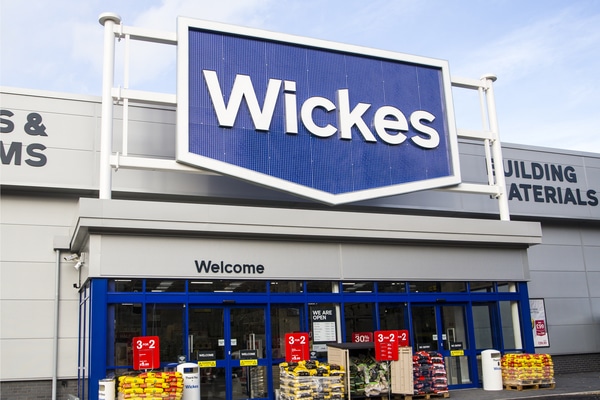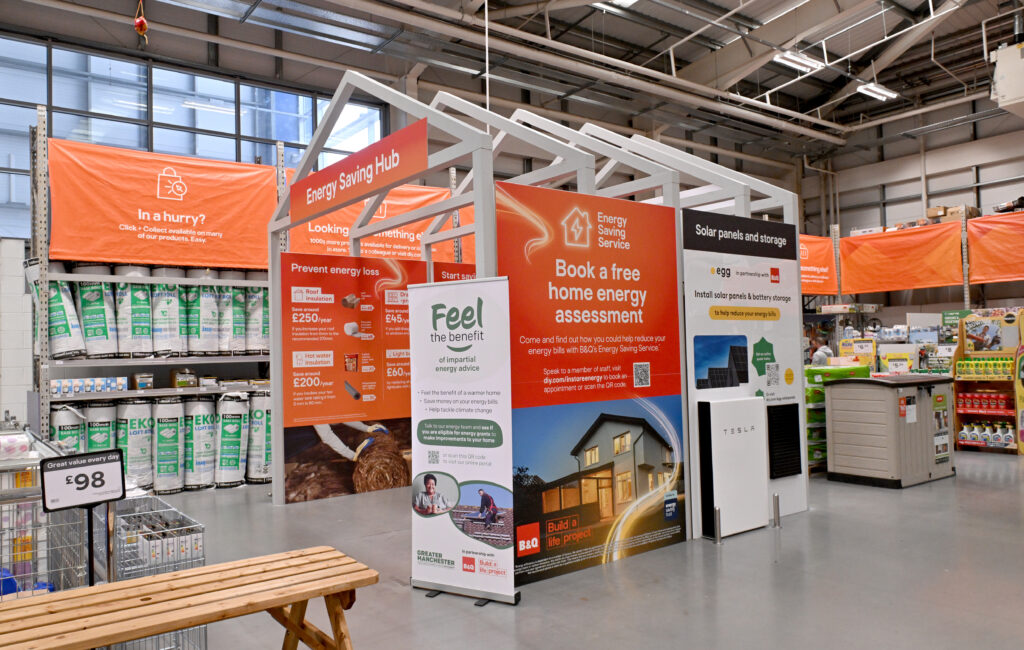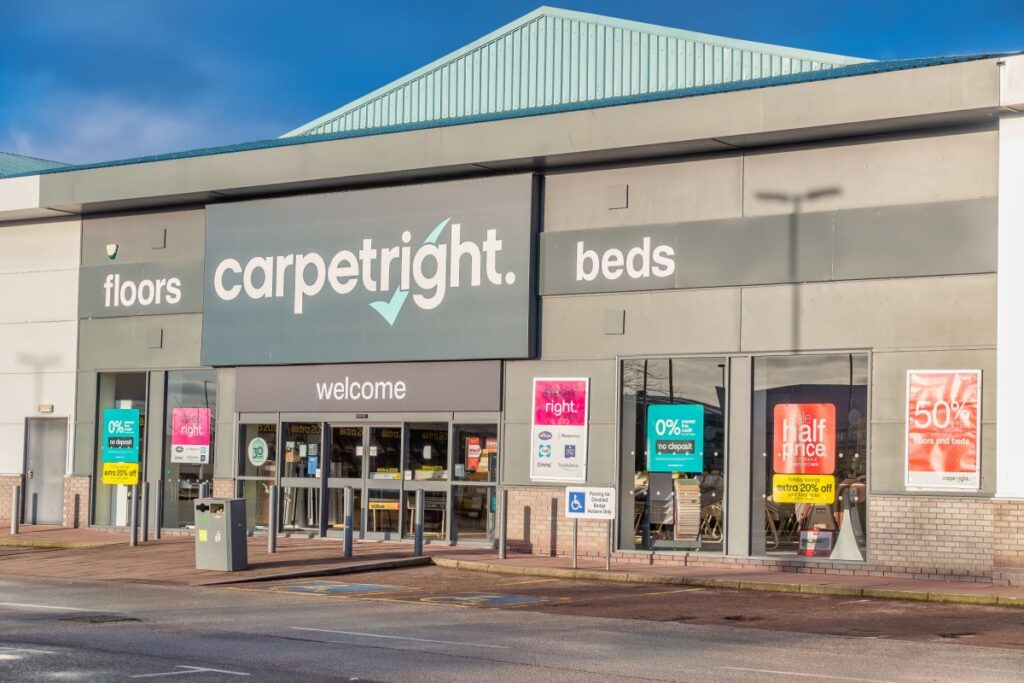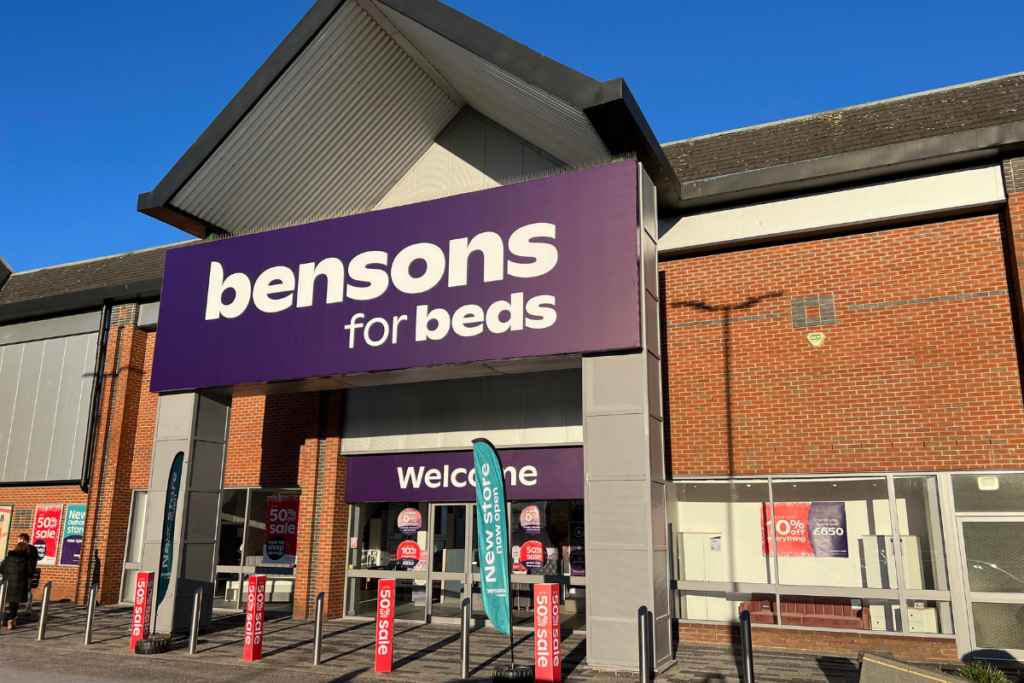Wickes and Toolstation parent company Travis Perkins has blamed soaring inflation and dwindling consumer confidence for the hit it took in its full-year profits for 2017.
In its full-year results, the DIY and home improvement firm reported pre-tax profits of £330.6 million before exceptionals, which was a nine per cent dip from the £364.7 million recorded in 2016.
Travis Perkins attributed this to rising costs resulting from the depreciation of the pound since the Brexit referendum in June 2016, and inflation, which it said was still working its way through the supply chain.
It also blamed declining consumer confidence and stagnant wage growth, which resulted in reduced “consumer discretionary spending power”.
“This cost inflation dictated that a main focus for the year was how to pass this inflation through into sales prices, protecting profitability in the short term,” Travis Perkins stated.
“On the whole, the group’s businesses have passed this inflation through successfully.”
Despite this, revenue rose 3.5 per cent to £6.4 billion, while like-for-like sales grew 3.3 per cent.
The company credit the sales uplift to the 27 Wickes store that underwent renovation in the year.
However, plans to expand the Wickes store estate has been slowed, with just three new stores opened in 2017, “given challenging UK DIY market conditions”,
“2017 was a challenging year for the group, with continuing uncertainty in our end-markets, and declining consumer confidence throughout the year,” chief executive John Carter said.
“The main focus for our businesses has been to recover the significant cost price inflation encountered and on the whole, this has been achieved successfully.
“Despite the challenging environment, we have continued to make disciplined investments in our customer proposition for the long term.”
The full-year report prompted Travis Perkins shares to drop seven percent this morning.
Nonetheless, Travis Perkins remained upbeat about its outlook. It said the UK’s requirement for more homes and the structural underinvestment in the repair, maintenance and improvement of existing homes shows that the conditions for market growth remained “favourable”.
However, it conceded that “macro-economic data has been difficult to read and recent lead indicators, including consumer confidence and housing transactions, have painted a mixed picture for the near-term performance of the group’s end markets which is expected to continue in 2018.”
Click here to sign up to Retail Gazette’s free daily email newsletter


















